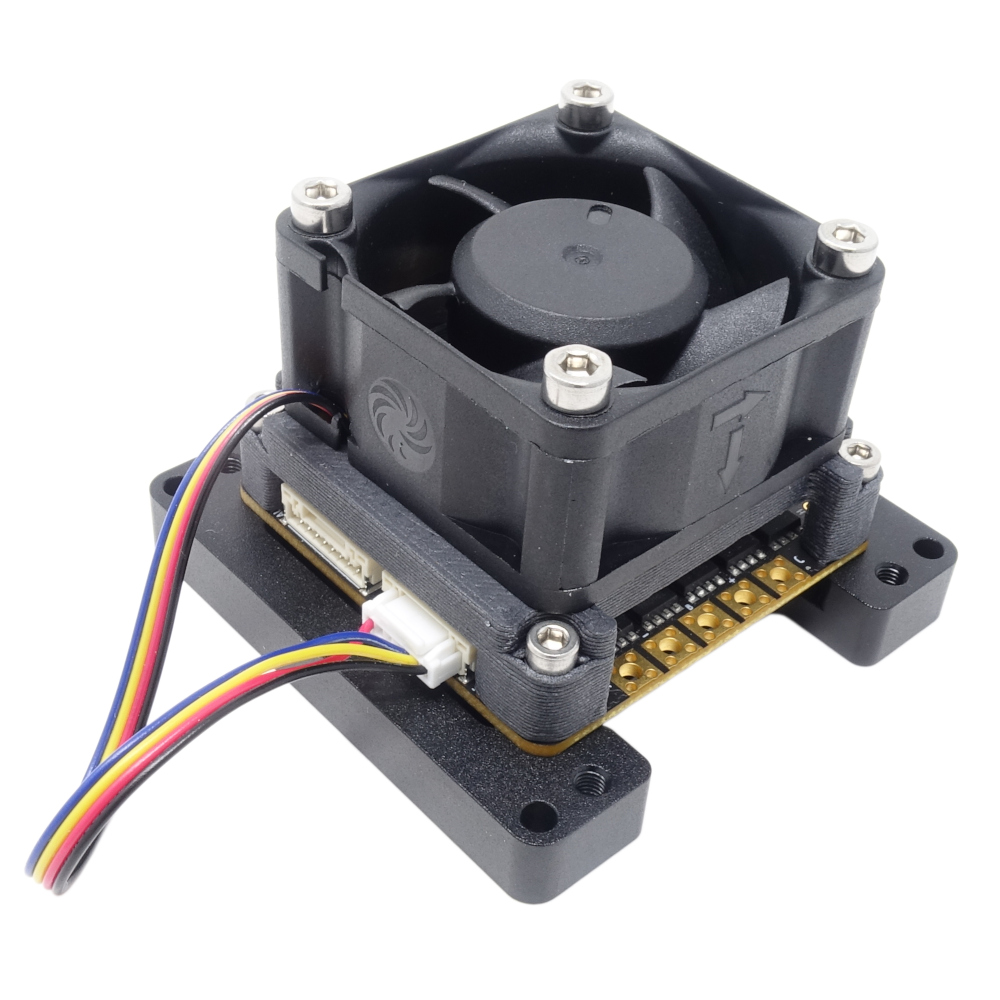Improved hall effect encoder performance
moteus first added support for hall effect encoders way back in 2022, when many new encoder types were added. At that time, hall effect sensors were treated basically like any other encoder. However, because of their inherent low resolution, this resulted in them performing much worse than other encoder options, especially at low speed. In practice, very careful tuning of the encoder low pass filter was required to achieve useful performance and that performance would often only be valid in a narrow range of speeds.
Now, as of release 2025-07-21, moteus has a suite of new heuristics which drastically improve the performance of hall effect encoders at all speeds, and make them relatively insensitive to filter bandwidth selection. If you don’t care about the details, just upgrade your firmware following the instructions in the reference manual and be on your way! If you do care about the details, read on for more.

